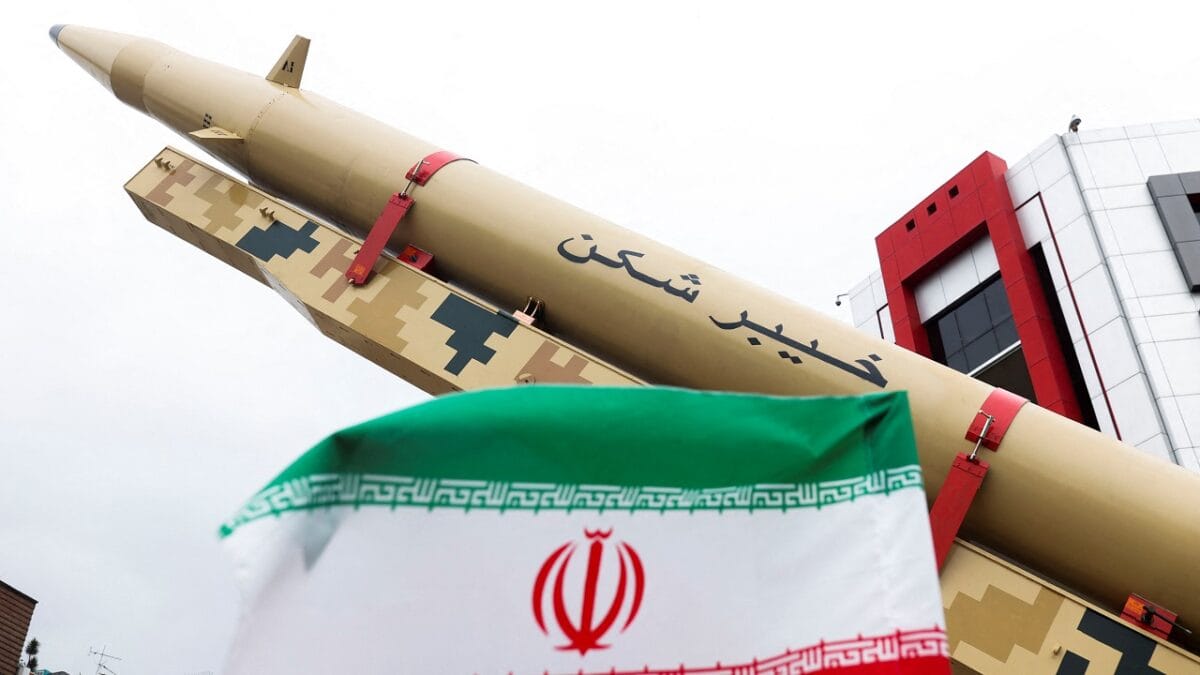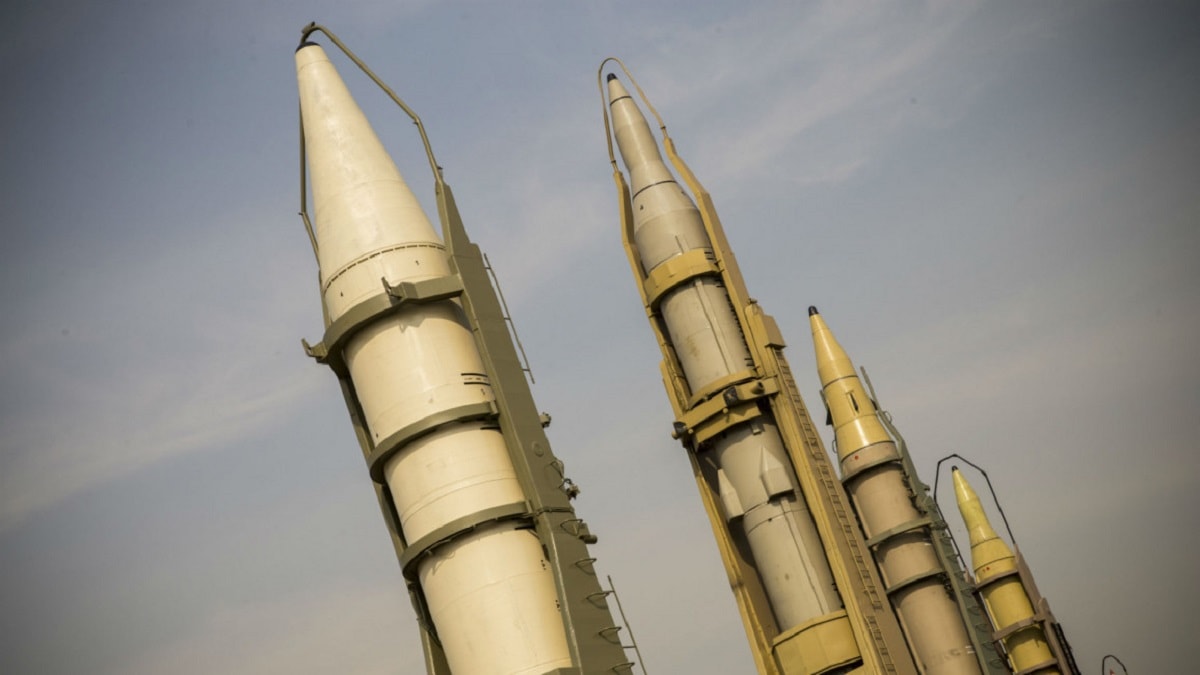As the ongoing joint U.S.-Iran nuclear negotiations wrap up in Vienna, concerns regarding the deal’s potential loopholes are mounting. The final stage of the negotiations is aimed at salvaging the 2015 Joint Comprehensive Plan of Action (JCPOA), which the U.S. withdrew from under the Trump administration. This week, a bipartisan group of 50 House Members including 34 Democrats wrote a letter to Biden expressing grave concern over the nuclear deal, urging the White House to consult with Congress prior to signing on.
Brokering an Uneasy Deal
According to the pretense of the deal, Iran committed to curtailing aspects of its nuclear program in exchange for sanction relief. Perhaps the most significant relief Tehran received from the deal was the relaxed restrictions on its ballistic missiles program. Now that Iran is on the edge of achieving its nuclear breakout time, its development of advanced ballistic missiles would make it the ideal vessel to carry nuclear weapons. Despite this sticking point, the White House seems prepared to revive the JCPOA anyway.
The U.S. intelligence community has time and time again referred to the Islamic Republic of Iran’s ballistic missile arsenal as the largest in the Middle East. In March, then-U.S. Central Command (CENTCOM) Gen. Kenneth McKenzie characterized Tehran’s missile force as “the greatest threat to the region’s security,” adding that the regime has “developed an arsenal of nuclear-warhead capable ballistic missiles and has tested these weapon platforms multiple times.” Even prior to the onset of the JCPOA, Iran’s leadership had invested heavily in its ballistic missile program.
Since 2015, three previously hidden underground missile complexes have surfaces, which analysts suspect are accompanied by ballistic missile storage and launch sites. Iran currently possesses more than 3,000 ballistic missiles, many of which can be supplied to the regime’s region-wide proxy affiliates.
Pushing the JCPOA Through
Under the JCPOA, the signatories of the Iran deal – the U.S., the European Union, and the United Nations – agreed to lift sanctions on Tehran. As detailed by the Council on Foreign Relations, these parties agreed to lift an existing UN ban on Tehran’s transfers of ballistic missiles and other conventional weapons after five years pending approval from the International Atomic Energy Agency (IAEA). Pursuant to UN Security Council Resolution 2231, international prohibitions against Iran’s ballistic missile tests will lapse in October 2023. The Dispatch outlined the resolution thoroughly:
“The new injunction against missile testing lapsing in 2023 is but one of several phased prohibitions popularly termed “sunsets.” Iran, likely assisted by its Russian and Chinese lawyers in the P5+1 negotiating mechanism, successfully replicated and pushed for the sunset-driven model to be applied other areas as well, be it lapsing restrictions on its nuclear program found in the JCPOA or the now terminated prohibition against conventional arms transfers from UNSCR 2231.”
During the three years that Iran participated in the JCPOA, the regime violated UNSCR 2231 repeatedly. From 2015-2018, Iran launched at least 27 ballistic missiles in both testing and operational capacities. Last year, Iran said its Islamic Revolutionary Guard Corps (IRGC) fired more than a dozen surface-to-surface ballistic missiles. Iranian-state media outlets said that long-range missiles with the ability to reach 1250 miles could reach U.S. bases in the region, in addition to the Jewish state of Israel. A few months later, Tehran revealed its indigenous Khaybar Sheikan missile, which has a reported range of 900 miles.
Iran has shown that it is willing to defy treaty obligations in order to advance its arsenal of ballistic missiles meant for offensive purposes. Tehran has prioritized the advancement and expansion of its ballistic missile program for two reasons. First, the IRGC needs ballistic missiles to carry nuclear warheads. Second, Iran severely lacks air power and precision-strike capability and for this reason, relies on its missile program to project power and strike adversaries.

An Iranian missile is displayed during a rally marking the annual Quds Day, or Jerusalem Day, on the last Friday of the holy month of Ramadan in Tehran, Iran April 29, 2022. Majid Asgaripour/WANA (West Asia News Agency) via REUTERS
A revived JCPOA that fails to address the regime’s ballistic missiles program would be worthless.
Maya Carlin is a Middle East Defense Editor with 19FortyFive. She is also an analyst with the Center for Security Policy and a former Anna Sobol Levy Fellow at IDC Herzliya in Israel. She has by-lines in many publications, including The National Interest, Jerusalem Post, and Times of Israel.

